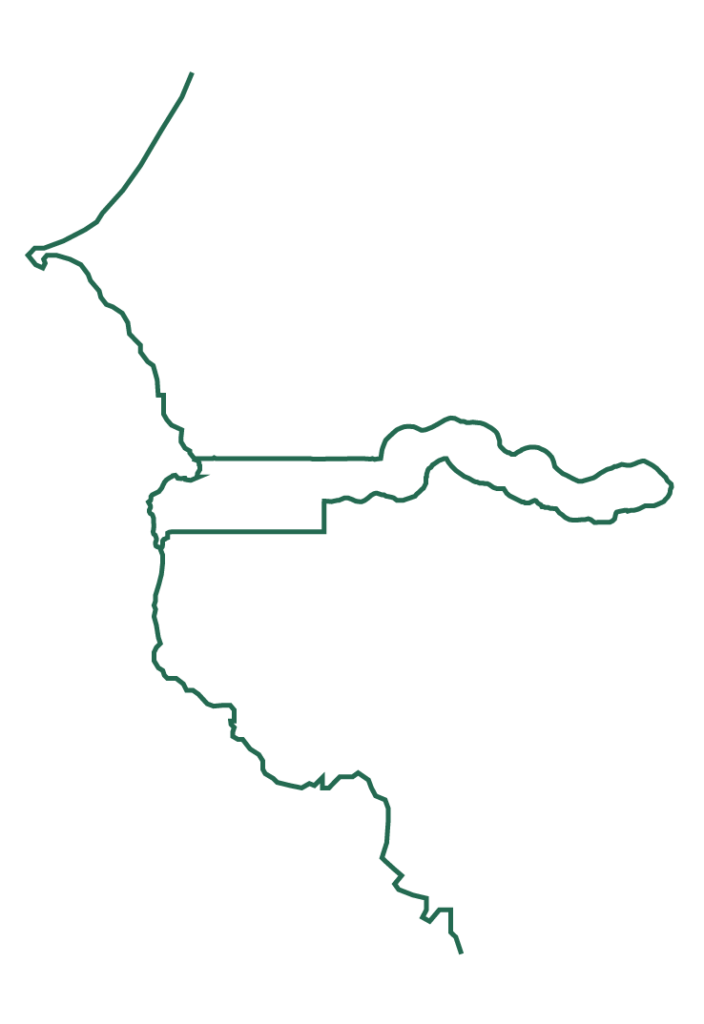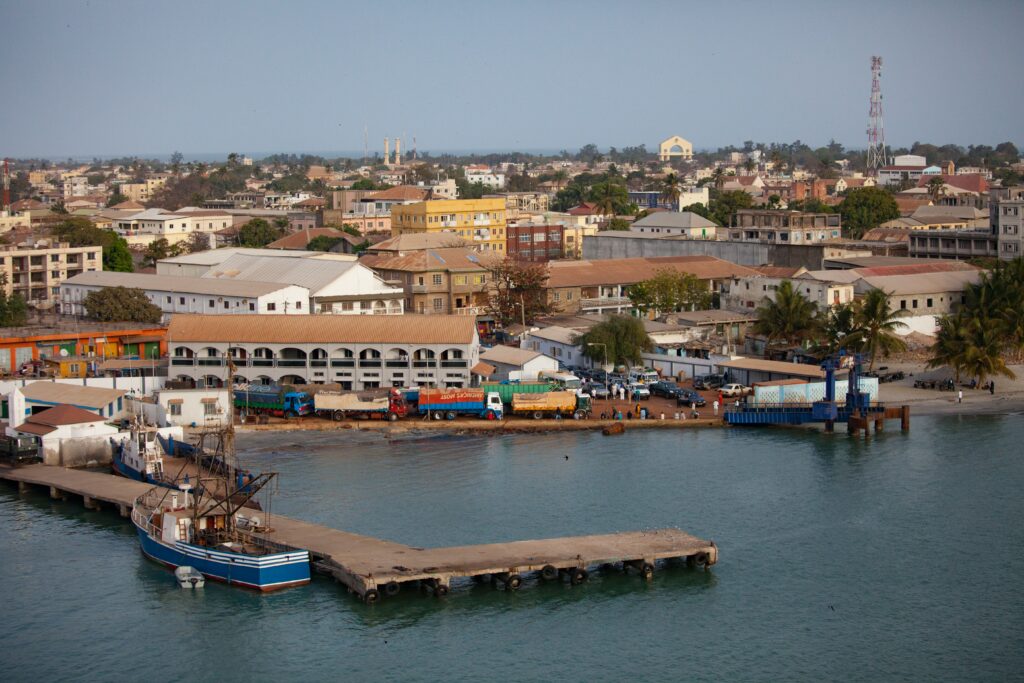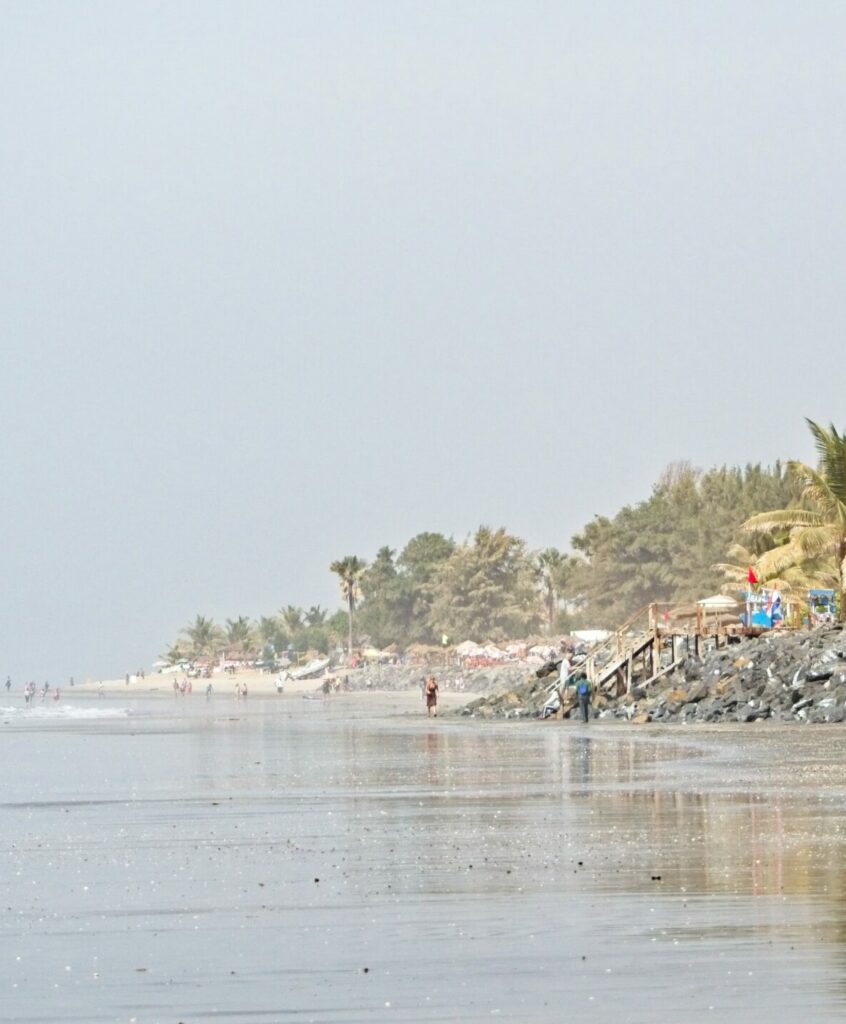Why Gambia
The Gambia, one of the poorest countries in the world, lacks everything. Especially perspectives. We want to create these: A new construction technology creates jobs, the Plastic Bottle Garden works against latent malnutrition and the Community Centre is a place for creativity and inspiration. In this way, we protect the environment and reduce poverty and the causes of flight.

General
The Gambia is the smallest and one of the poorest countries on the African continent. The country has no mineral resources, manufacturing industry or other significant economic activities.
The Anglophone Gambia is surrounded by Senegal except for the Atlantic coast and has about 2 million inhabitants.
80 per cent of the population is under 25 years of age with a youth unemployment rate of 45 per cent and a good half of the people live below the poverty line.


A country on the rise
In a change of power in 2016, the repressive dictator was replaced by a democratic government and now the country is undergoing a transformation process that brings with it profound changes and, in addition to many hopes and expectations, just as many disappointments and frustrations as well as the danger of political instability.
After the change of power, the government presented a development plan with extensive reforms. The economy is destroyed, the infrastructure inefficient and dilapidated, the state resources exploited and there are gigantic social challenges.
The biggest problem is the lack of prospects for young people, which was first identified by the Barrow government as a cause of illegal migration. The Gambia has one of the highest migration rates in the world.
Poverty and lack of perspective
Many Gambians work as sex workers on the beaches and in the tourist areas. Due to the lack of tourists, many are moving to Europe.
Another problem is the country's extreme debt burden, which has been systematically exploited by the Jammeh government. For this reason, neither new investments in the country are possible, nor is there access to credit on the financial market for the private sector. A disastrous infrastructure also leads to high prices for consumer goods, as the country is heavily dependent on exports. The education and health systems are equally problematic, access to knowledge and information is severely limited for the young population, and women in particular need to be promoted.

Please, support us!
We are building a future for all of us!
Donate to The Neem Tree Yard e.V.


